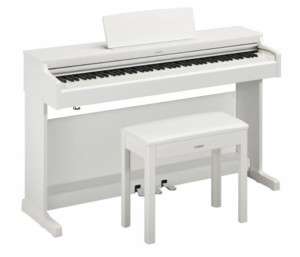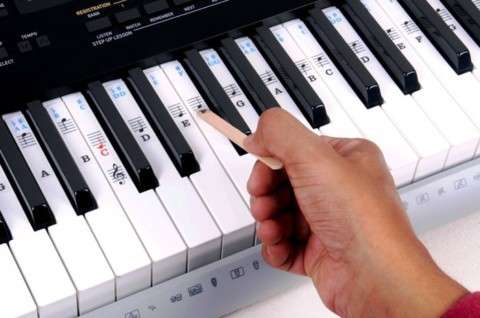Music at the Border of Great Ages
At the turn of two centuries, the 19th and 20th centuries, the world of classical music was replete with such a variety of directions, from which its splendor was filled with new sounds and meanings. New names are developing their own unique styles in their compositions.
Schoenberg’s early impressionism was built on dodecaphony, which, in the future, would lay the foundation for the Second Vienna School, and this would significantly influence the development of all classical music of the 20th century.
Among the bright representatives of the 20th century, along with Schoenberg, the futurism of the young Prokofiev, Mosolov and Antheil, the neoclassicism of Stravinsky and the socialist realism of the more mature Prokofiev and Gliere stand out. We should also remember Schaeffer, Stockhausen, Boulez, as well as the absolutely unique and brilliant Messiaen.
Musical genres are mixed, merged with each other, new styles appear, musical instruments are added, cinema enters the world, and music flows into cinema. New composers are emerging in this niche, focused specifically on composing musical works for cinema. And those brilliant works created for this direction rightfully rank among the brightest works of musical art.
The mid-20th century was marked by a new trend in foreign music – musicians increasingly used a trumpet in solo parts. This instrument is becoming so popular that new schools for trumpet players are emerging.
Naturally, such a rapid flowering of classical music cannot be separated from the intense political and economic events, revolutions and crises of the 20th century. All these social cataclysms were reflected in the works of the classics. Many of the composers ended up in concentration camps, others found themselves under very strict orders, which also affected the idea of their works. Among the developing fashion trends in the environment of classical music, it is worth remembering the composers who made stunning modern adaptations of famous works. Everyone knows and still loves these divine-sounding works of Paul Mauriat, performed by his grand orchestra.
What classical music has transformed into has received a new name – academic music. Today, modern academic music is also influenced by various trends. Its boundaries have long been blurred, although some may disagree with this.



